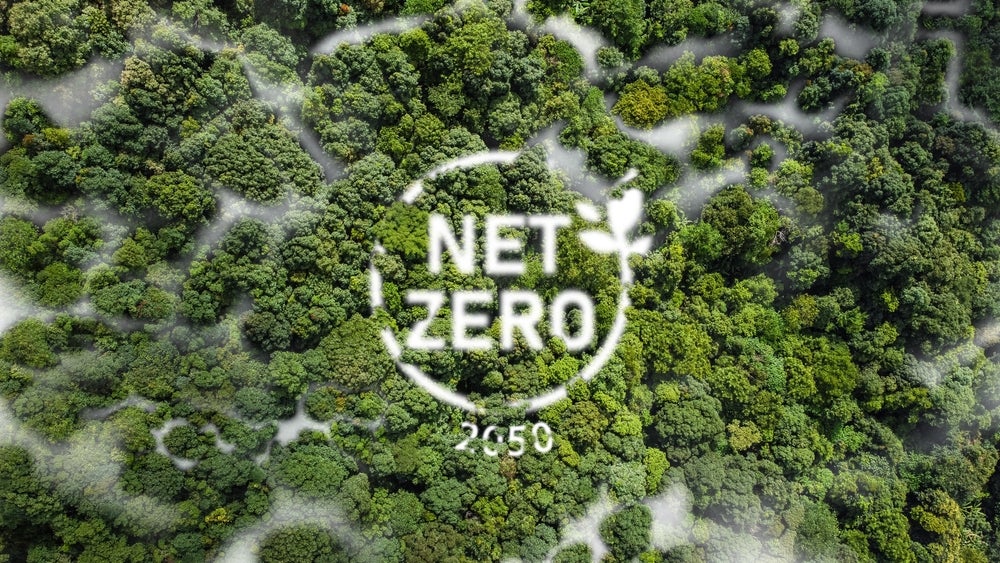
While the drinks industry continues to set and work towards climate change and greenhouse gas (GHG) emission reduction targets, there are questions about whether they will reach their goals.
GlobalData’s analytics show climate change credentials are a key area of concern for beverage companies, with mentions in company filings having increased fourfold since 2016.
However, new research by Kearney has shown that, based on their current trajectory of 0.7% reduction in CO2e emissions per year, drinks companies will miss their 2030 and 2050 targets. In order to regain lost ground, beverage companies will need to improve their reduction rate 11-fold.
The potential fallout of this chasm between public (and some would say optimistic) ESG statements and actual CO2 emissions reduction could be wide-ranging. As well as the environmental cost, Kearney’s research cited “cratering stock prices”, “a loss of credibility” and the introduction of “draconian regulation”.
Among the companies talking about climate change in recent company filings were Coca-Cola Europacific Partners (CCEP), which celebrated reaching its goal of using 100% recycled or renewable plastic in Europe and Australia, the Pacific and Indonesia in its quarterly earnings call in August. Kearney’s analysis held up CCEP’s supply chain finance programme as an example of how beverage companies can incentivise suppliers throughout the value chain to improve their ESG performance.
India-based Tata Global Beverages also touted its lower carbon footprint in its quarterly earnings call in July, achieved through upgrades to its facility and a more sustainable product offering with recyclable boxes, no plastic outers, and plant-based tea bags.
And earlier this month, Heineken reported a reduction in its Scope 1 and Scope 2 emissions – a step closer, they say, to its “ambition to reach net zero carbon emissions in production sites by 2030”.
However, despite widespread reporting of Scope 1 and Scope 2 reductions in the food and beverage industry, disclosures of Scope 3 emissions are often patchy.
A 2022 study of the global top 50 food and beverage companies’ emissions reports found that 88% of companies’ total reported GHG emissions derive from Scope 3 emissions (or the wider value chain) – and yet reporting of Scope 3 emissions is “often incomplete and inconsistent”, neglecting (for example) land-use change emissions.
Moreover, the study found that “more than a third of reported Scope 3 emissions were not covered by emissions reductions targets of the companies”, meaning that between 53 and 77% of emissions go under-reported.
Kearney’s recent analysis, however, takes a sympathetic view of drinks companies’ net zero efforts: “Kearney sees the lack of progress to date as a reflection not of any ill will or industry reticence to change, but rather as a result of this being a tough problem to resolve.”
Our signals coverage is powered by GlobalData’s Thematic Engine, which tags millions of data items across six alternative datasets — patents, jobs, deals, company filings, social media mentions and news — to themes, sectors and companies. These signals enhance our predictive capabilities, helping us to identify the most disruptive threats across each of the sectors we cover and the companies best placed to succeed.



